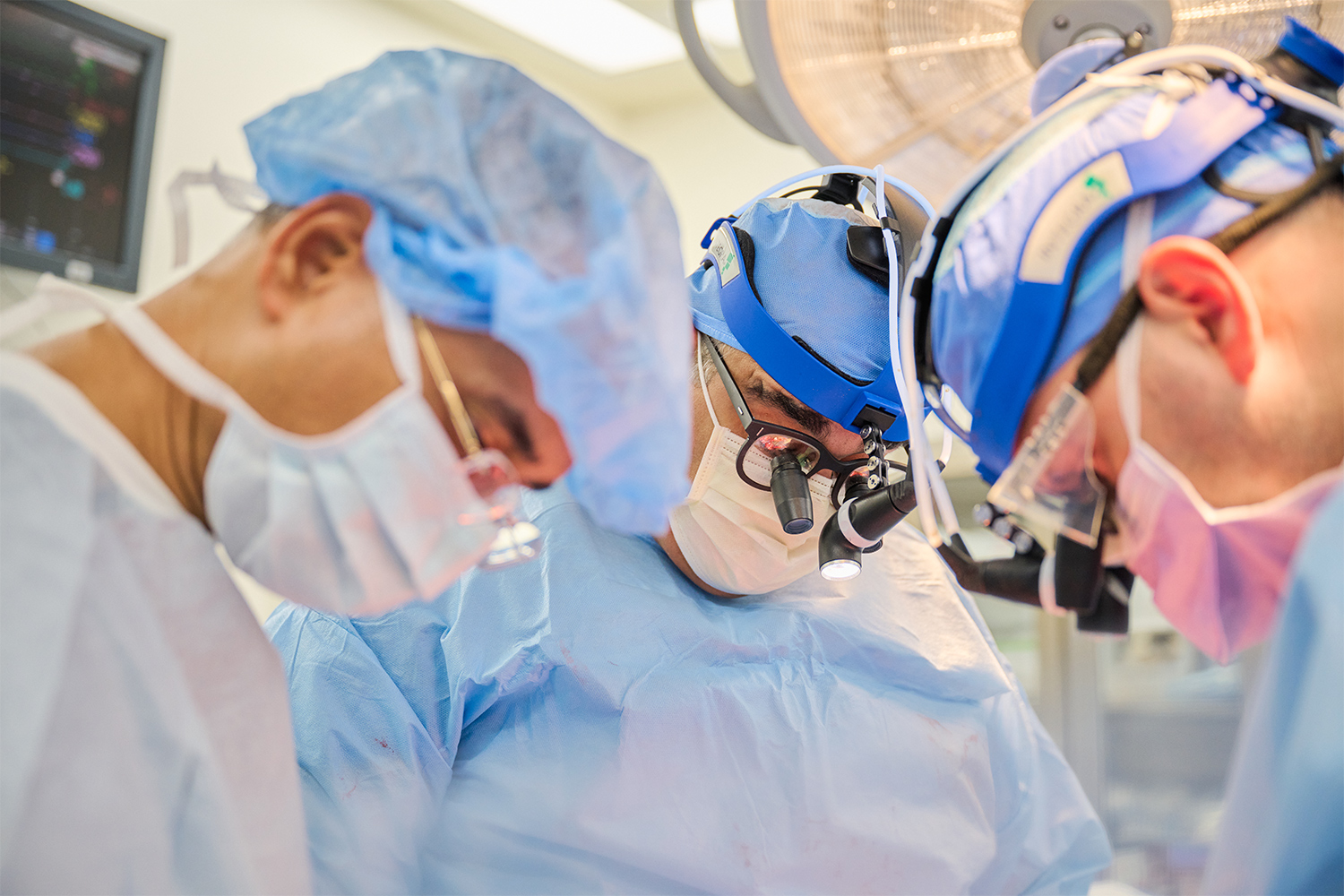
Surgeons in New York were successful in performing two pig heart transplant surgeries on brain-dead recipients. Here’s more on the move that is bringing science closer to the long-term goal to solve the organ transplantation problem in humans.
Two pig heart transplant surgeries successful
Surgeons at the New York University (NYU) were successful in transporting genetically engineered pig hearts to two people. The recipients of the surgery were brain-dead but, this is a step closer to the long-term goal of using pig organs to help in solving organ transplantation problems in humans. NYU procured the organs by Revivicor Inc. The researchers screened the organs for viruses using an enhanced monitoring protocol. Back in 2021, researchers from the university also transplanted kidneys from pigs into two brain-dead patients.
The investigations followed the death of a 57-year-old man in March. the patient was suffering from terminal heart disease. He also made history at the University of Maryland for being the first to obtain a genetically modified pig heart. However, the reason why the new heart failed is unclear. “The hearts functioned normally, with no signs of rejection during the three-day experiments in June and July,” stated the researchers.
More on the procedures
“We were able in real time to capture everything that was going on during those 72 hours,” stated Dr. Robert Montgomery. Dr. Montgomery is the director of NYU’s Langone Transplant Institute. The organization is a recipient of a pig heart transplant procedure.
“Our goal is to integrate the practices used in a typical, everyday heart transplant, only with a nonhuman organ that will function normally without additional aid from untested devices or medicines,” added Dr. Nader Moazami. Dr. Moazami is the surgical director for heart transplantation at NYU Langone.
The pigs had four genetic modifications. This helped in preventing abnormal organ growth and rejection. Additionally, they had sex more for preventing organ incompatibilities between humans and pigs. However, for now, researchers believe xenotransplantation is safer in brain-dead recipients than in living patients and also more informative because biopsies can be done more often. Xenotransportation is the process of transplanting an organ from one species to another.






